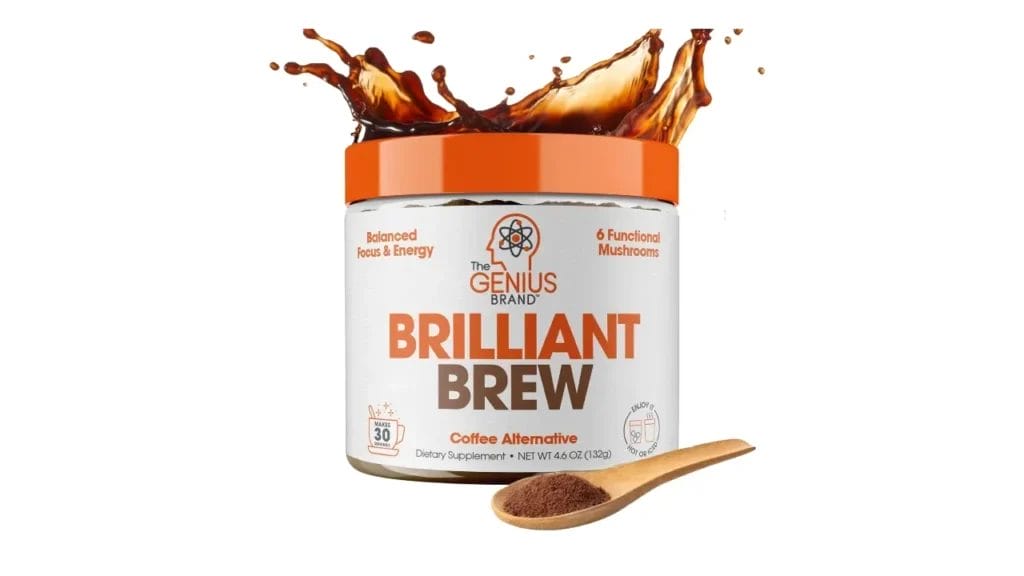Smart Drugs for Beginners
Turn Your Brain Into a Powerhouse Now!
How Adaptogens and Nootropics Work Together to Calm the Mind
Stress. It’s everywhere. No matter how good life might seem on the surface, there’s always something lurking in the shadows trying to throw us off balance. Deadlines pile up. Responsibilities pull us in ten different directions at once. And before we know it, the result is a mind that’s constantly racing, a body that’s always…
Genius Brilliant Brew Review
I tend to approach things with a sense of curiosity and a bit of skepticism, so when I hear about something like Genius Brilliant Brew, I can’t help but wonder if it’s all it’s cracked up to be. I mean, a nootropic coffee alternative made with mushrooms like Lion’s Mane, Cordyceps, and Reishi sounds intriguing,…
Brain-Boosting Smoothies Featuring Natural Nootropics for a Smarter Start
Imagine sipping on a delicious, creamy smoothie that not only tantalizes your taste buds but also sharpens your mental focus. Brain-boosting smoothies are more than just a tasty treat; they can be a powerful tool to enhance cognitive performance. Packed with natural nootropics, these drinks offer a simple and delightful way to support your brain…
How Nootropics Can Protect You From Cognitive Decline: Boost Your Brain’s Health
Exploring ways to protect your mind can be a step toward safeguarding your future. With cognitive decline becoming a concern for many, pursuing solutions is more important than ever. Nootropics, often referred to as “smart drugs,” offer a potential path to maintaining mental clarity and protecting against cognitive decline. These supplements are engineered to improve…
Can Nootropics Heal the Brain? Discover Their Potential Benefits
Nootropics, often called smart drugs, have gained popularity for their potential benefits in improving cognitive functions. These compounds are not just limited to enhancing mental performance; they also offer exciting possibilities for brain healing. While nootropics cannot completely heal the brain, they can support cognitive repair and overall brain health through neuroplasticity and neurogenesis. Imagine…
Nootropics That Promote Digestive and Cognitive Health: Boost Your Gut and Mind
When it comes to maintaining both digestive and cognitive health, incorporating nootropics into your routine might just be the game-changer you’re seeking. These natural supplements can support brain function while also promoting a healthy gut, offering a powerful combination for overall well-being. By harnessing the potential of nootropics, you can enhance focus and memory while…







